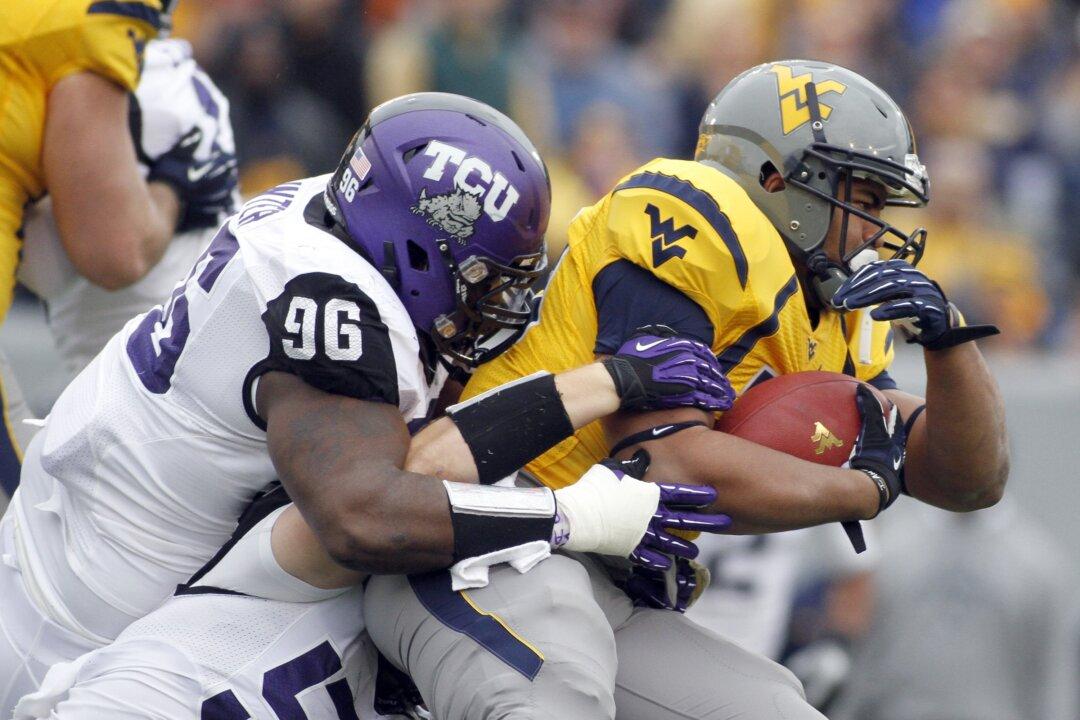The Supreme Court has decided to hear a potentially landmark antitrust case against the National Collegiate Athletic Association (NCAA) based on the association’s rules that preclude paying student-athletes.
A ruling by the nation’s highest court against the NCAA could, in the organization’s view, undermine the prevailing business model for college sports that is based on not compensating athletes for their work. The NCAA is reportedly in the process of loosening its rules against athlete compensation by allowing their names, images, and likenesses to be licensed.





